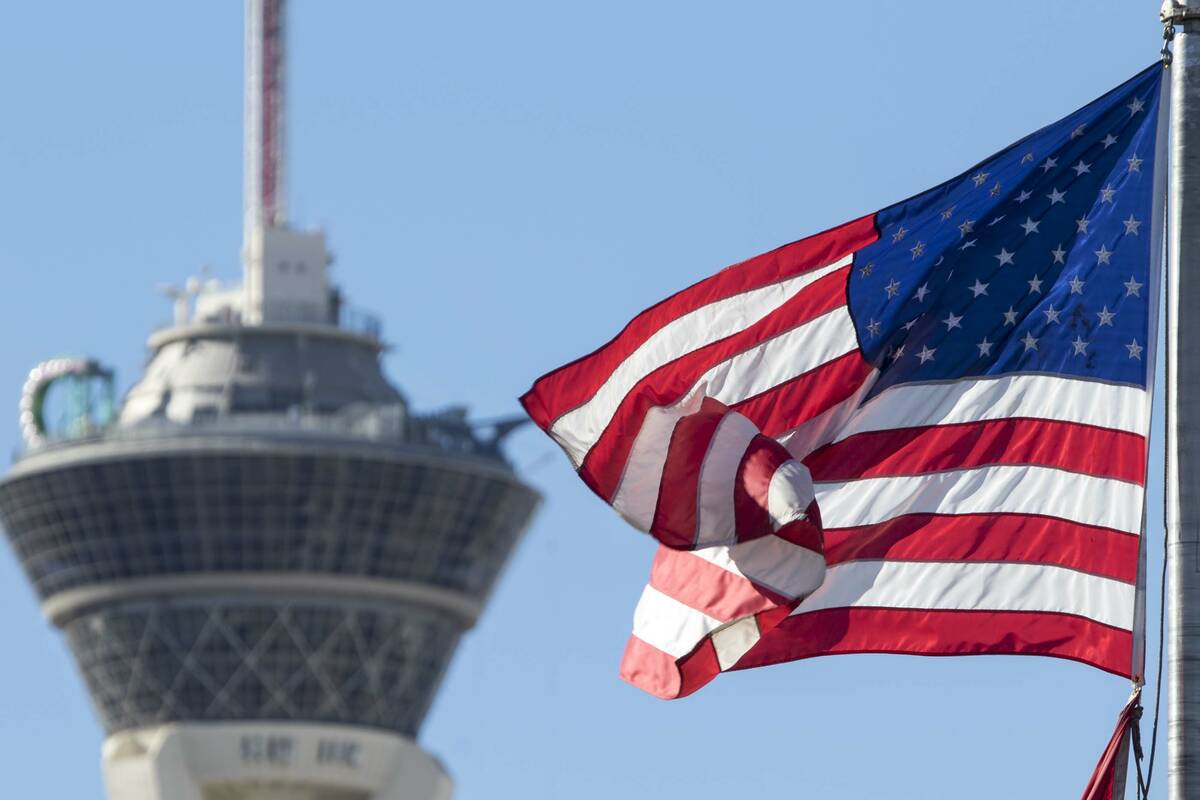EDITORIAL: New poll: Americans have much in common
Americans are inundated with social media messages and news stories emphasizing their “divisions” and decrying the country’s deep “polarization.” But a recent survey should help dampen the idea that this nation is hopelessly split along ideological lines.
An Associated Press-NORC Center for Public Affairs Research poll conducted last month found widespread consensus on the country’s core values. For instance, 84 percent agreed that freedom of religion is an integral part of this country’s identity. Ninety-one percent said the same about the right to vote, the right to privacy and equal protection under the law.
The one issue that generated a major split between Democrats and Republicans was the Second Amendment. Those who sympathized with the GOP were more likely to believe — 61 to 19 percent — that the right to bear arms was vital to the nation’s core principles.
“The overall findings are striking,” the AP claimed, “because they come at a time of extreme partisanship when political agreements seem rare and concerns are heightened over the potential for violence during (an) ... election year.”
But that is precisely the type of hyperbole that fosters the narrative this poll erodes. Yes, Americans have varying beliefs and political outlooks. That is the strength of a free society. But the vast majority of people live lives far removed from the chaos generated by the hyper-political climate embraced by activists across the spectrum.
“If you get a bunch of normal people at random and put them in a room together and chat about issues,” Michael Albertus, a political science professor at the University of Chicago, told the wire service, “there’s a lot more convergence than you might imagine.”
Indeed, Americans — regardless of faith, color, creed or any measure — have more in common than most would imagine. Our online culture has distorted discourse by amplifying the most radical voices and muting those preaching moderation and common sense. Our elected officials aren’t immune.
“Part of it is really our leaders are not reflecting the electorate,” Lilliana Mason, a political scientist at Johns Hopkins University, told the AP, “and they behave in a way that’s much more polarized than what the electorate is.”
The problem arises when the idea of insurmountable “division” becomes so prevalent as to be self-fulfilling. Politicians play to the vocal extremes because it works and helps them get elected. It doesn’t help that many people are now conditioned to fear differing points of view rather than to embrace ideological diversity and debate.
But Americans are nothing if not resilient. The AP survey deserves attention for providing a more nuanced and optimistic perspective than the doom and gloom so prevalent in today’s discussions about democracy and the nation’s future.

















